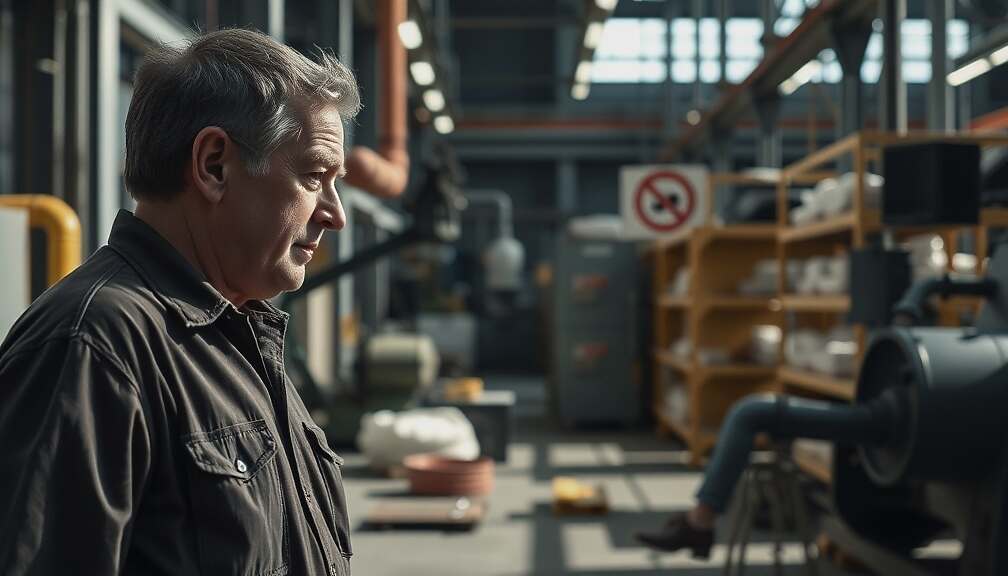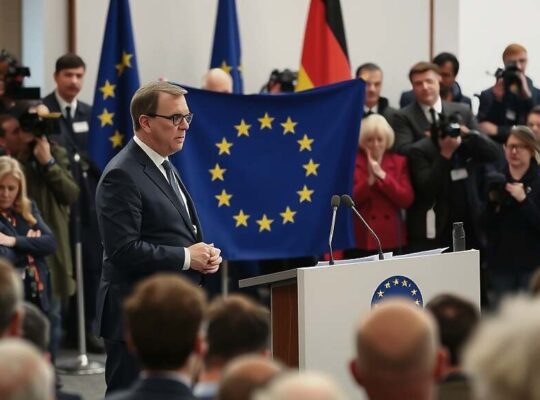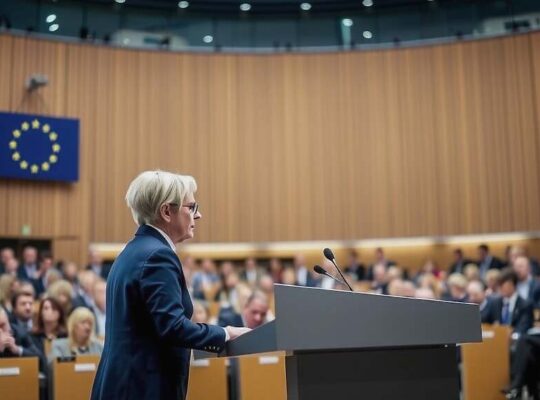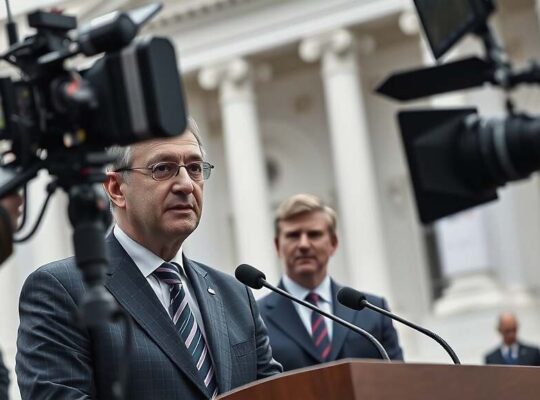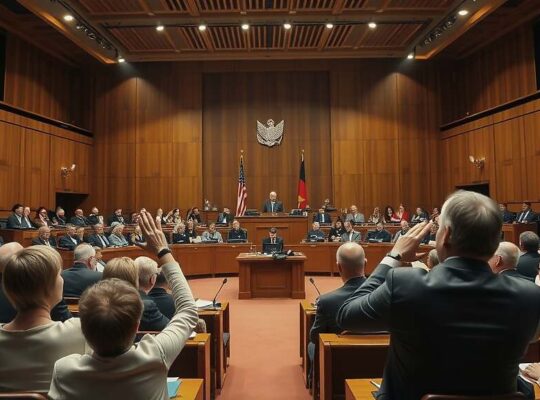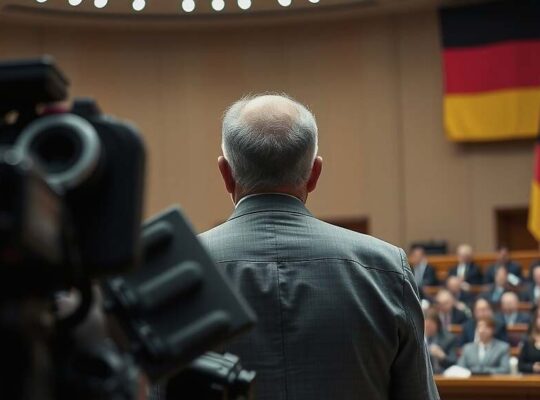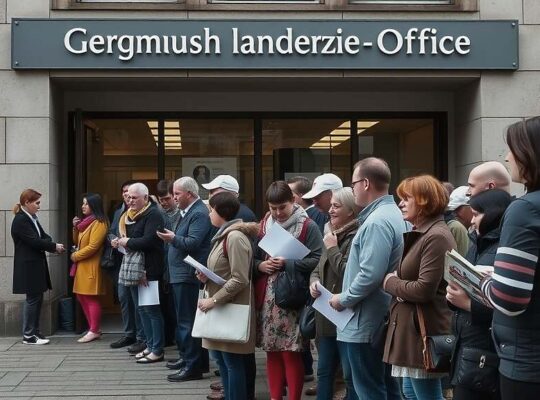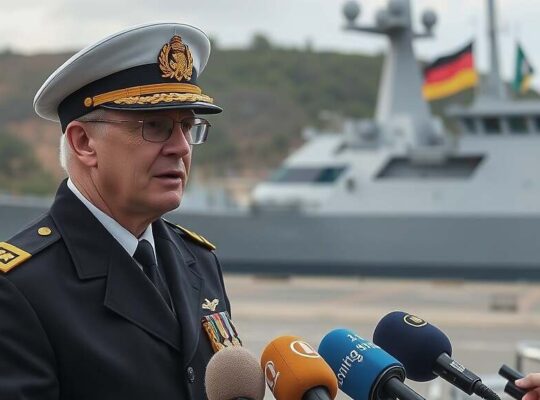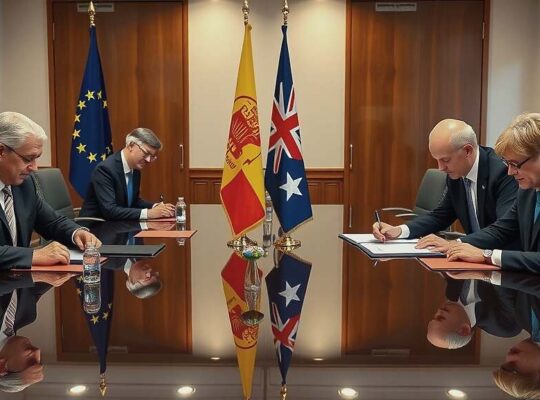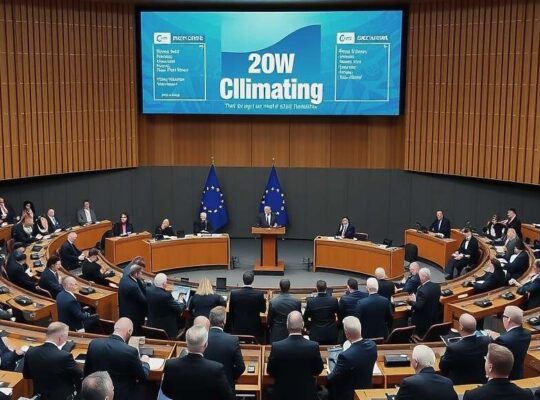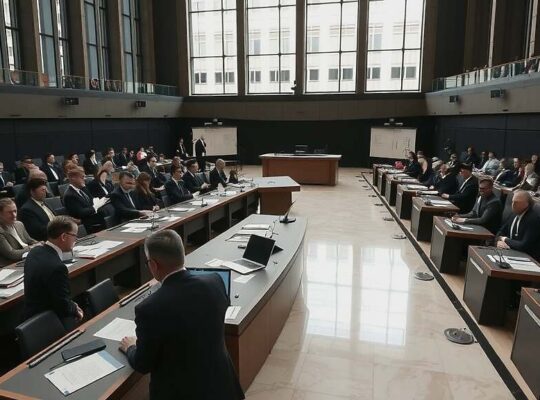Brandenburg’s Ministerpräsident Dietmar Woidke is intensifying calls for the swift implementation of the European Commission’s proposed safeguard tariffs on steel imports, signaling escalating pressure on Brussels to act decisively. In an interview with Politico, Woidke emphasized the urgency, stating that the previously submitted proposals “must now be put into practice rapidly” highlighting the direct threat to German businesses and employment.
The move underscores a growing sentiment within Germany’s industrial heartland that European trade policy needs a more assertive stance. Woidke argued that Europe, as the world’s largest economic zone, has a responsibility to confidently defend its interests. He specifically championed the need for robust protection against what he described as “unfair trade practices” plaguing the German steel industry. The Commission’s plan to levy a 50% tariff on steel imports exceeding 16 million tons represents a significant escalation from the current system, which only triggers higher tariffs on volumes reaching 34 million tons.
Beyond immediate tariff implementation, Woidke addressed the future of steel production, advocating for a transition towards “green steel” driven by electrification and arc furnaces. He stressed that predictable and affordable energy prices are paramount to this transition, noting that current reliance on coal and gas-powered processes must yield to electric energy sources.
While acknowledging the proposed “industrial electricity price” as a potential short-term solution, Woidke cautioned that it could only serve as a temporary measure. He strongly implied that a more fundamental shift in energy policy is required, prioritizing the ability of regions with advanced renewable energy infrastructure to effectively supply businesses with competitively priced power – a clear critique of Germany’s current energy transition challenges and a call for a more localized and equitable distribution of renewable energy benefits to bolster industrial competitiveness. The comments reflect a deeper concern that a fractured energy landscape is actively undermining Germany’s ability to compete on a global stage.


